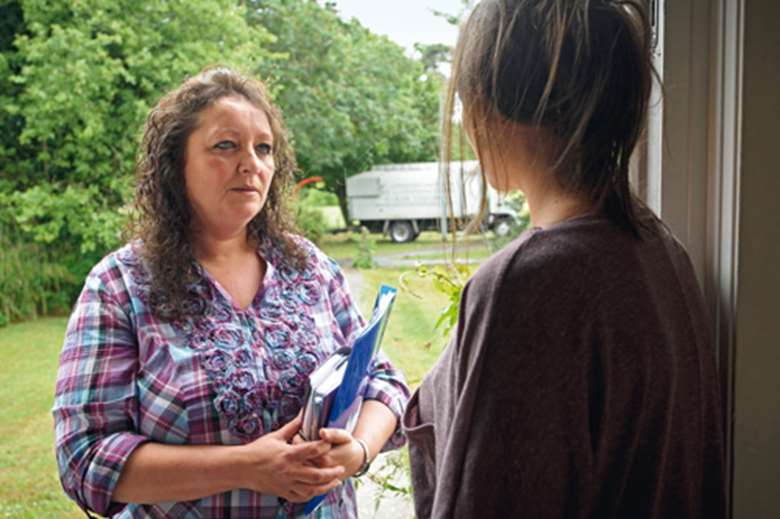Innovation projects 'struggle to address social worker recruitment problems'
Joe Lepper
Wednesday, November 15, 2017
Projects funded by the Department for Education to test new ways of working in children's social care are struggling to address issues with social worker recruitment and retention, research has found.

A study into the first wave of initiatives funded through the DfE's social care innovation fund, which launched in 2014, found that although a number of projects are succeeding in lowering numbers of children coming into care, those designed to address workforce issues are finding it tougher to make progress.
Just a third of the 12 projects that aimed to improve social work turnover were able to do so.
Of the 31 projects that aimed to improve staff knowledge and attitude only 29 per cent successfully met this goal. An even smaller proportion (19.3 per cent) of this group of projects were able to report that job satisfaction had improved through reductions in absence rates or use of agency staff.
In one of the projects evaluated, St Christopher's Safe Steps children's home, which supports girls at risk of sexual exploitation, the study found that 23 out of 38 staff had left during the year of evaluation.
"One reason suggested by the evaluators was that the project initially attracted people who were idealistic but lacked residential experience. Interviewees also identified management difficulties, the emotionally demanding nature of the work, unpredictable shifts, long hours, commuting, pay and having no time for non-working life," states the study.
Tackling staff recruitment and retention has emerged as a key problem for children's social care in recent years, with latest Department for Education workforce figures showing there are seven regions with a vacancy rate above the September 2016 England-wide average of 16.7 per cent.
In addition, four regions - the North East, East Midlands, central London and outer London - all recorded a staff turnover rate in September 2016 above the England average of 15.1 per cent.
Despite challenges in addressing staff recruitment the study did highlight a number of improvements including all five of the projects that intended to reduce caseloads succeeding in this aim.
More than half (53 per cent) of the 45 projects that aimed to reduce the number of children in care in their area were successful and 14 (60.8 per cent) of the 23 projects that aimed to reduce the numbers of children entering care, numbers in care or days spent in care, did so.
Common factors in improvements to the quality of children's services are a focus on direct work with families and young people to help them address their own problems.
Use of co-located multi professional teams working together to assess and review cases also helps improve the quality of children's social work, as does the involvement of adult specialist social workers to support families with issues such as domestic abuse, mental health problems and substance abuse.
Cost savings are also identified in 21 (84 per cent) of the 25 projects that reported on this aim. In Hertfordshire projected savings of £2.6m were achieved and in North East Lincolnshire there was a £3.80 savings from every £1 invested.
In three mental health projects, Compass in Norfolk and Suffolk, Surrey's Extended Hope and Wigan's Share, around £3 was saved for every £1 spent directly supporting young people.
"Better engagement with families, assessment and identification of needs seem to contribute to reducing the numbers in care through more effective services, but might simultaneously increase numbers in some projects, through increased identification," the study found.
"A mixed picture emerged in a few projects, with possible contributing factors providing partial explanations, such as significant increases in the number of unaccompanied asylum seekers needing care, which were recorded differently across local authorities.
"The longer-term impact for those not entering care is as yet unknown - what enhanced support will be needed to sustain these children out of care safely? How many will enter care later, re-enter care or experience negative outcomes from not being in care?
"Meanwhile, more families are being kept together and costs significantly reduced."
The first wave of social care innovation fund projects shared £100m of DfE funding between October 2014 and March 2016. Last year the DfE committed to providing a further £200m to the progamme by 2020.
In October, a Social Care Institute for Excellence study of the innovation progamme warned that children's social care system has a history of "burying failure" which can make it hard to learn lessons.




